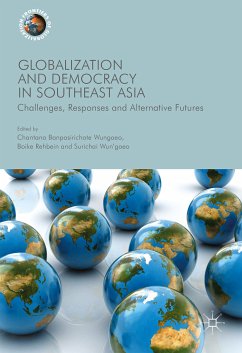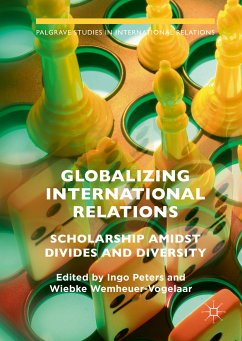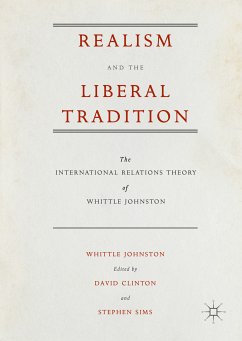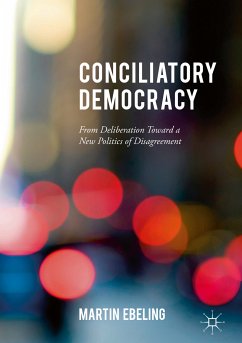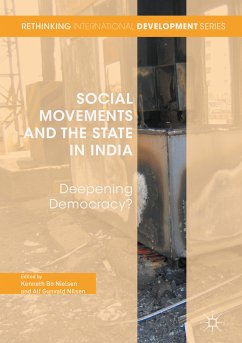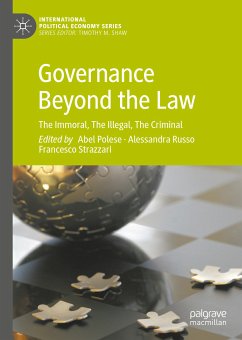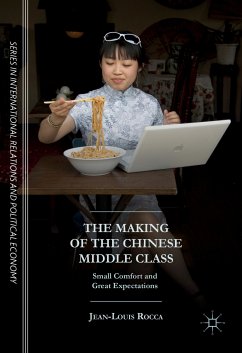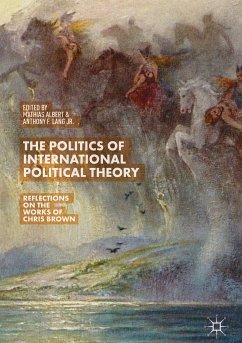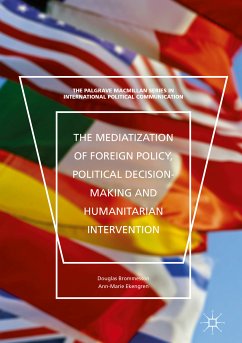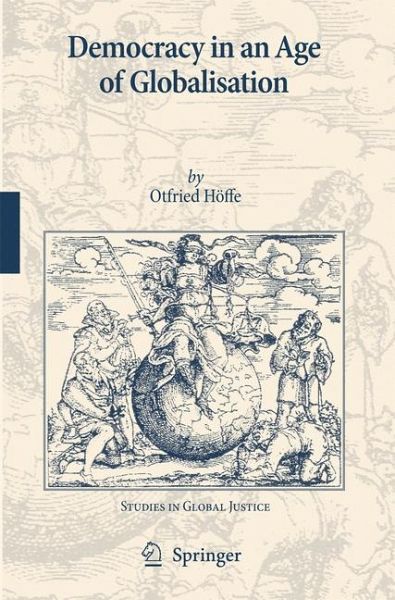
Democracy in an Age of Globalisation (eBook, PDF)
Versandkostenfrei!
Sofort per Download lieferbar
112,95 €
inkl. MwSt.
Weitere Ausgaben:

PAYBACK Punkte
56 °P sammeln!
In "Democracy in an Age of Globalisation", Otfried Höffe develops a comprehensive analysis of the demands, which the process of globalization exerts on the political organisations of humanity.The author starts from a diagnosis of the process of globalisation and frees its concept from its economistic narrowing: Globalisation is a comprehensive process which puts new strains on the economies and political systems of the world, the cultural and social structures of peoples. The scope of its challenges demands solutions, which transcend the powers of the classical nation-state. The question cent...
In "Democracy in an Age of Globalisation", Otfried Höffe develops a comprehensive analysis of the demands, which the process of globalization exerts on the political organisations of humanity.
The author starts from a diagnosis of the process of globalisation and frees its concept from its economistic narrowing: Globalisation is a comprehensive process which puts new strains on the economies and political systems of the world, the cultural and social structures of peoples. The scope of its challenges demands solutions, which transcend the powers of the classical nation-state. The question central to the book can be formulated as follows: "How can the social, moral and legal achievements of the nation-state be retained while its structure is reshaped to satisfy the requirements of a globalised world?"
The author starts from a diagnosis of the process of globalisation and frees its concept from its economistic narrowing: Globalisation is a comprehensive process which puts new strains on the economies and political systems of the world, the cultural and social structures of peoples. The scope of its challenges demands solutions, which transcend the powers of the classical nation-state. The question central to the book can be formulated as follows: "How can the social, moral and legal achievements of the nation-state be retained while its structure is reshaped to satisfy the requirements of a globalised world?"
Dieser Download kann aus rechtlichen Gründen nur mit Rechnungsadresse in A, B, BG, CY, CZ, D, DK, EW, E, FIN, F, GR, HR, H, IRL, I, LT, L, LR, M, NL, PL, P, R, S, SLO, SK ausgeliefert werden.



